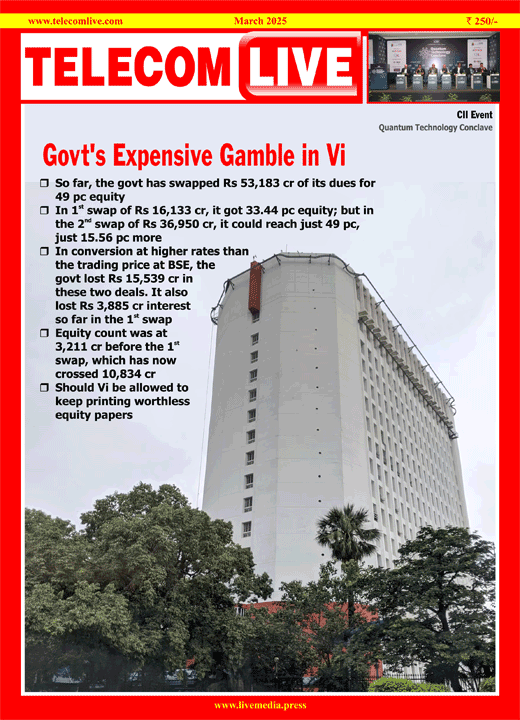TSMC Q4 profit rises 78%, helped by advanced chip sales
Taiwanese chipmaker TSMC posted a 78% rise in fourth-quarter net profit on Thursday, posting yet another quarterly record, as strong sales of advanced chips helped it defy a broader industry downturn that battered cheaper commodity chips.
Taiwan Semiconductor Manufacturing Co Ltd (TSMC), the world’s largest contract chipmaker and a major Apple Inc supplier, saw net profit for October-December hit a record T$295.9 billion ($9.72 billion) from T$166.2 billion a year earlier.
That compared with the T$289.44 billion average of 21 analyst estimates compiled by Refinitiv.
TSMC’s business has been boosted by a global chip shortage sparked by pandemic-fuelled sales of smartphones and laptops. While the shortage has eased, analysts said dominance in making some of the world’s most advanced chips has kept the firm’s order book full.
Revenue for the quarter climbed 26.7% to $19.93 billion, versus TSMC’s prior estimated range of $19.9 billion to $20.7 billion.
TSMC’s share price fell 27.1% in 2022, but is up 8.5% so far this year giving the firm a market value of $412.78 billion. The stock rose 0.4% on Thursday versus a 0.1% fall for the benchmark index.
Overall, the chip sector has been grappling with weak demand for gadgets such as smartphones as inflation accelerates and interest rates rise, against a backdrop of geopolitical tension.
In October, TSMC cut its annual investment budget by at least 10% for 2022 and struck a more cautious note than usual on upcoming demand, flagging challenges from rising inflationary costs and predicting a chip downturn for 2023.
The firm said it spent $36.29 billion on capital expenditure in 2022, compared to a previous forecast of around $36 billon.
TSMC, Asia’s most-valuable listed firm, whose clients include chip majors such as Qualcomm Inc, has repeatedly said business would continue to be boosted by a “mega-trend” in the industry, brought by demand for high-performance computing chips for 5G networks and data centres, as well as increased use of chips in gadgets and vehicles.



